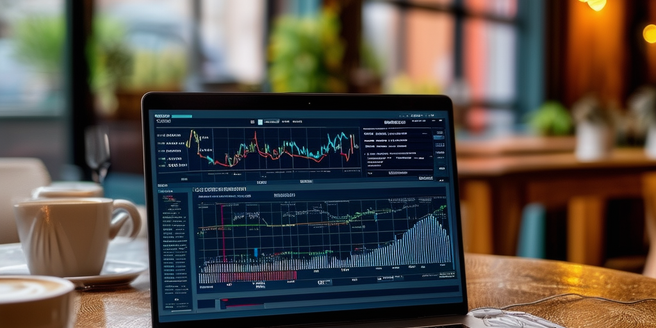
The Origins of Sweepstakes: A Historical Overview
Sweepstakes have their origins rooted in Europe’s lottery systems, dating back to the 15th century. Originally, lotteries were government-sanctioned mechanisms to raise funds for public works or charitable purposes. These early lotteries evolved into sweepstakes, with the first recorded instance in England in the early 18th century. Betting on such events became a common pastime among the English aristocracy. By the 19th century, the concept had migrated to the United States, blending into the cultural fabric as a popular pastime. The shift from public lotteries to private and commercial sweepstakes marked a significant transformation in how these games were perceived and played.
Golden Era of Sweepstakes: Mid-20th Century Explosion
The mid-20th century heralded the golden era of sweepstakes, characterized by a post-war economic boom and a burgeoning consumer culture. Sweepstakes became a household staple, with brands leveraging the excitement of winning big prizes to boost product sales. The allure of winning drew in millions of participants. Companies like McDonald’s and Publishers Clearing House capitalized on the widespread appeal, embedding sweepstakes into their marketing strategies. Television commercials and radio announcements further amplified their reach. This era saw the proliferation of mail-in entry forms and the iconic ‘You may have already won’ notifications, creating an atmosphere of anticipation and engagement across the nation.
The Influence of Advertising on Sweepstakes Popularity
Advertising played a pivotal role in popularizing sweepstakes, employing enticing narratives and visual elements to capture public interest. The rise of television in the 1950s and 1960s provided a dynamic medium for brands to showcase their sweepstakes, reaching millions of households. Commercials often featured testimonials from winners and dramatic unveilings of prizes, heightening the sense of realism and possibility. Print media, too, was instrumental, with colorful ads in newspapers and magazines reinforcing the allure. As technology advanced, digital platforms became crucial in promoting these contests to a broader audience. The symbiotic relationship between advertising and sweepstakes continued to evolve, adapting to new media platforms over the decades.
Technological Advances and the Evolution of Sweepstakes
Technological advancements have continually reshaped the landscape of sweepstakes. The advent of computers in the late 20th century introduced digital entry forms, making participation more convenient and efficient. The internet further revolutionized sweepstakes, enabling online entries and expanding reach globally. Moreover, mobile applications have provided an on-the-go approach, allowing users to participate anytime, anywhere. Social media platforms in the 21st century have provided brands with innovative ways to engage audiences through interactive campaigns and real-time notifications of winners. Additionally, the use of data analytics has allowed companies to tailor sweepstakes more precisely to their target demographics, maximizing both participation and marketing impact.
Legal and Ethical Considerations in Sweepstakes History
The history of sweepstakes is also a history of evolving legal and ethical standards. Early on, the lack of regulation led to numerous scams and fraudulent schemes, prompting calls for governmental oversight. Legislative measures, such as the Federal Trade Commission Act in the United States, were introduced to protect consumers and ensure fair play. Ethical considerations have similarly evolved, with brands needing to maintain transparency in their promotions and avoid misleading claims. The principles of fairness, honesty, and accountability have become cornerstones in the conduct of modern sweepstakes, fostering trust and credibility among participants.
Modern Trends in Sweepstakes: From Mail-In to Digital
The transition from mail-in sweepstakes to digital entries marks a significant trend in the modern era. The rise of the internet has made it easier for companies to collect entries and communicate with participants. Digital platforms offer not only instant entry opportunities but also real-time updates and winner announcements. Social media has opened new avenues for interactive and viral sweepstakes campaigns, enhancing engagement and reach. Mobile apps and QR codes have further streamlined participation processes. As digital natives continue to dominate the consumer landscape, digital sweepstakes are expected to grow in complexity and popularity.
